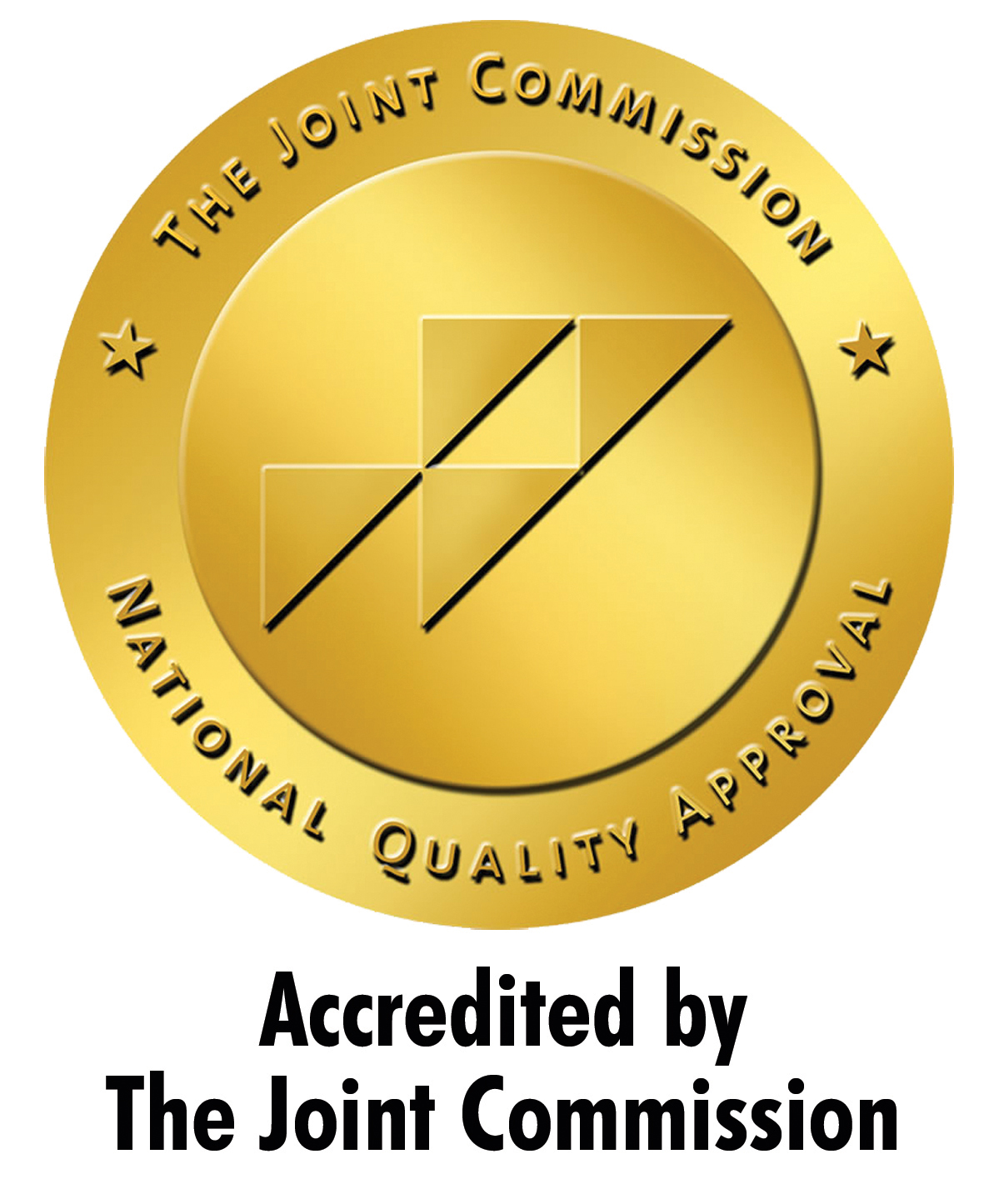Don't Let Bugs Ruin Summer Fun
By Debra Wilden, RN, CCRN, BSN
July 10, 2013Ah!! Summer weather. You and your family enjoy going outdoors to hike, camp, go boating, and participate in other fun recreational activities. Not only do you enjoy the warm weather, but insects do too. Mosquitoes, ants, spiders, and stinging insects can turn a fun weekend into an itching or painful event.
Most biting insects leave behind red, itching, burning spots on your skin. These “bites” can be treated at home by simply washing with soap and water, and applying an over-the-counter anti-itch cream.
Bites from some spiders can be severe and require emergency care at the hospital. If you are not sure what bit you and you have any reaction that “doesn’t feel right,” go to the Emergency Department for evaluation.
Most people are not allergic to insect stings and may think they are having an allergic reaction when it really is a normal sting reaction. Normal reactions include pain, swelling, and redness at the sting site. Swelling may go beyond the sting site making it look worse than it really is. Treatment for a mild reaction includes removing jewelry near the site, removing the stinger by scraping (do not squeeze), washing with soap and water, applying antiseptic, using an ice pack to decrease swelling, and taking ibuprofen or acetaminophen for pain (if no allergies to these).
True allergic reactions, called anaphylactic reactions, require immediate medical attention. Symptoms may include trouble breathing, hives (red, raised itching spots), swelling of throat/face, wheezing and trouble swallowing, anxious feeling, rapid heartbeat, dizziness, and a drop in blood pressure. Severe reactions are not common, but can lead to death. People who have had an allergic reaction to a sting have a 60% chance of a similar or worse reaction if stung again. A true allergic reaction is treated with epinephrine. Those persons known to have a severe reaction will have a personal “Epi Pen” to give themselves a shot. This medicine will usually stop the reaction, but one dose may not be enough, so always go the Emergency Department for more treatment.
For a severe reaction, call 911, remain calm to help prevent more poison entering your body, apply a cold compress, and if you have a bee sting kit with an Epi Pen, use it. Always go to the hospital to follow up and/or receive more treatment.
The best treatment for any insect bite is to prevent getting bit. To help prevent bites, keep clear of areas where bees or other biting insects live and wear clothing to cover arms and legs. Avoid wearing perfume or after shave. Never go out into the woods alone in case you have a reaction. Use insect spray in bedrooms before going to bed. Cover windows and doors with insect screens and use insect repellants.
Always consult your doctor, if you are pregnant, before taking any medications. When children have moderate to severe reactions they need emergency care. Minor reactions can be treated at home, but call your pharmacist for proper doses of over-the-counter treatments.
When spending time outside this summer, remember to avoid areas with large numbers of biting insects, cover with clothing, wear no perfume, and have a buddy with you. Following these simple guidelines can help protect you and your loved ones. Have a safe, fun summer season.
« Back to Learning Center



